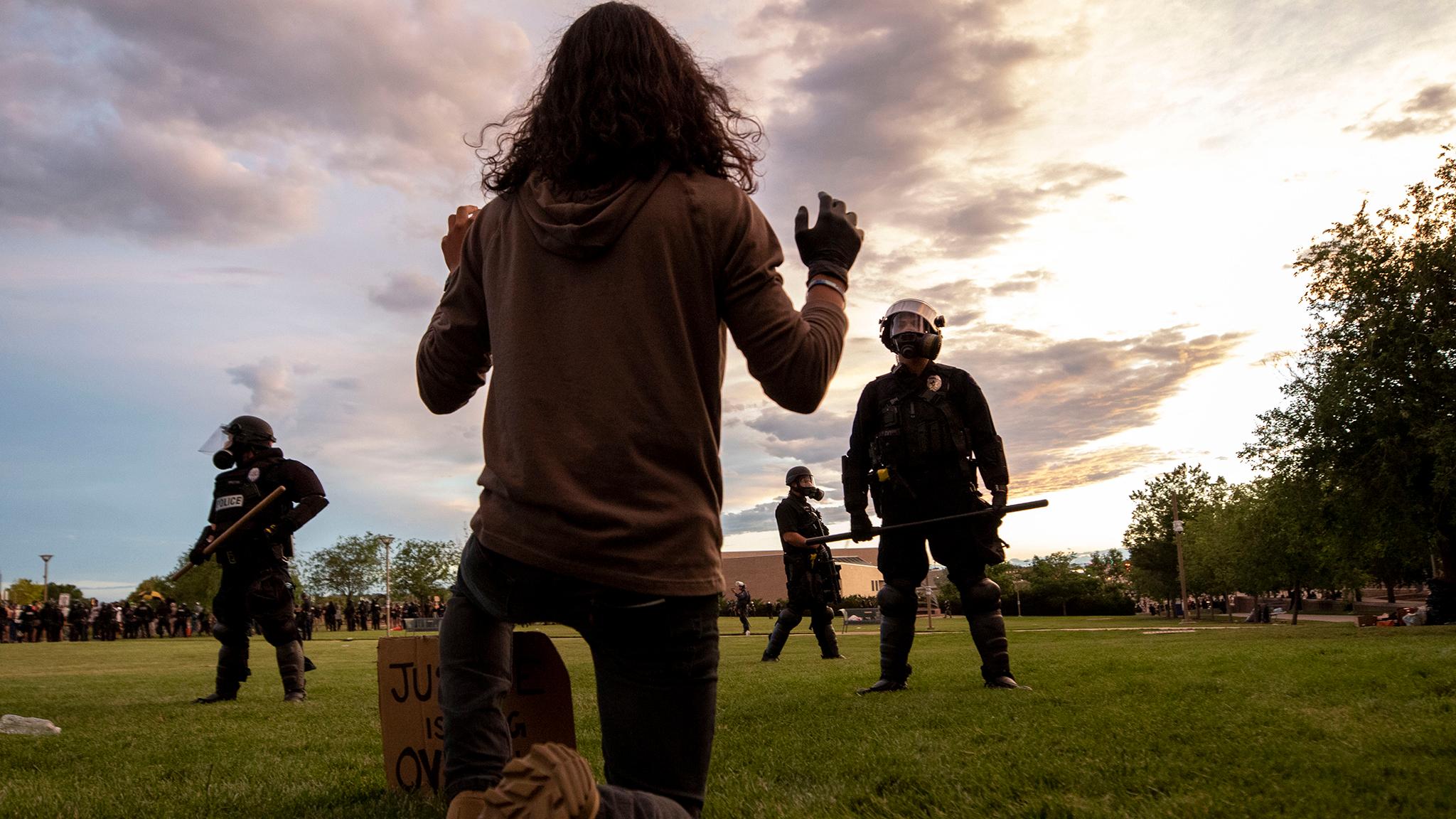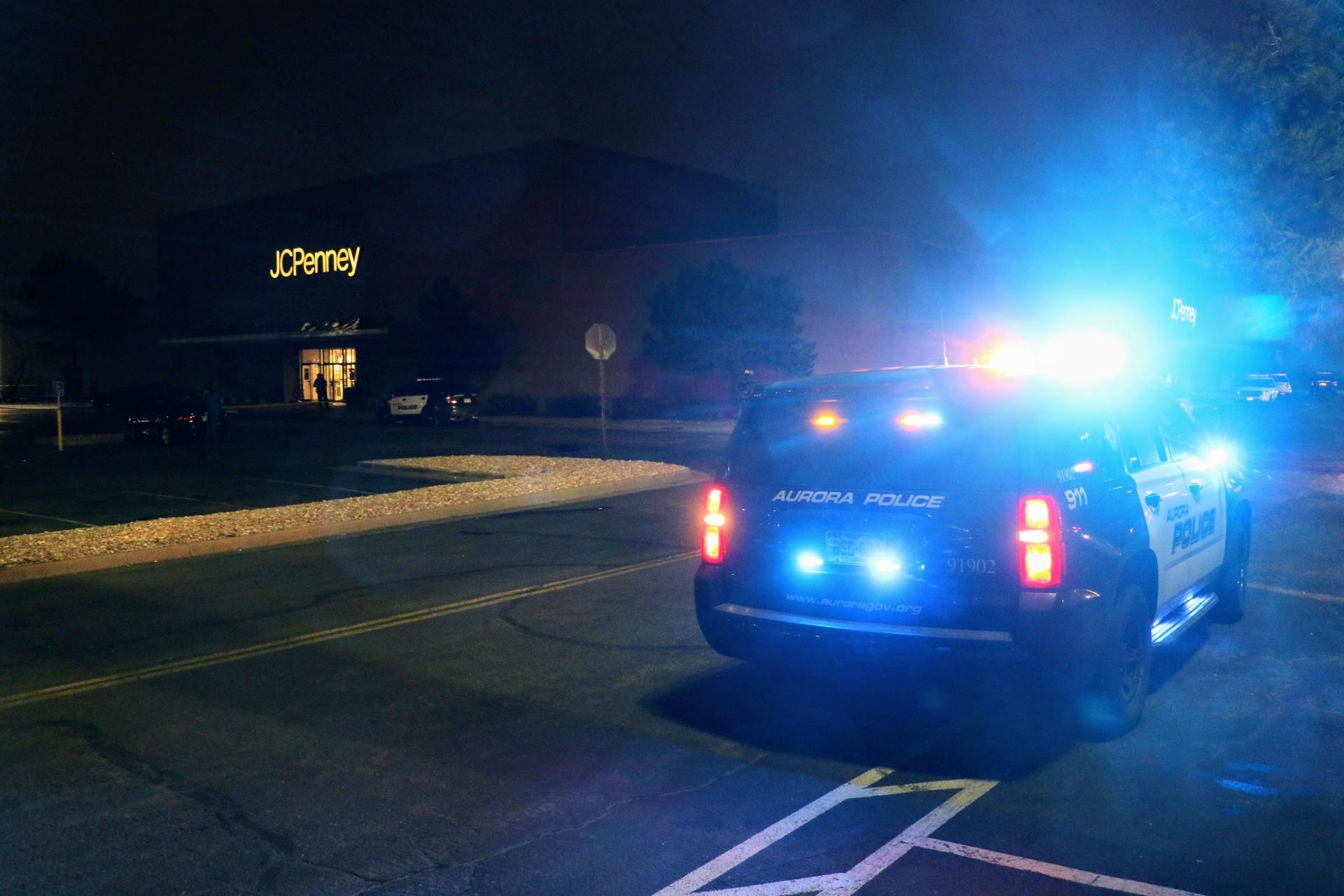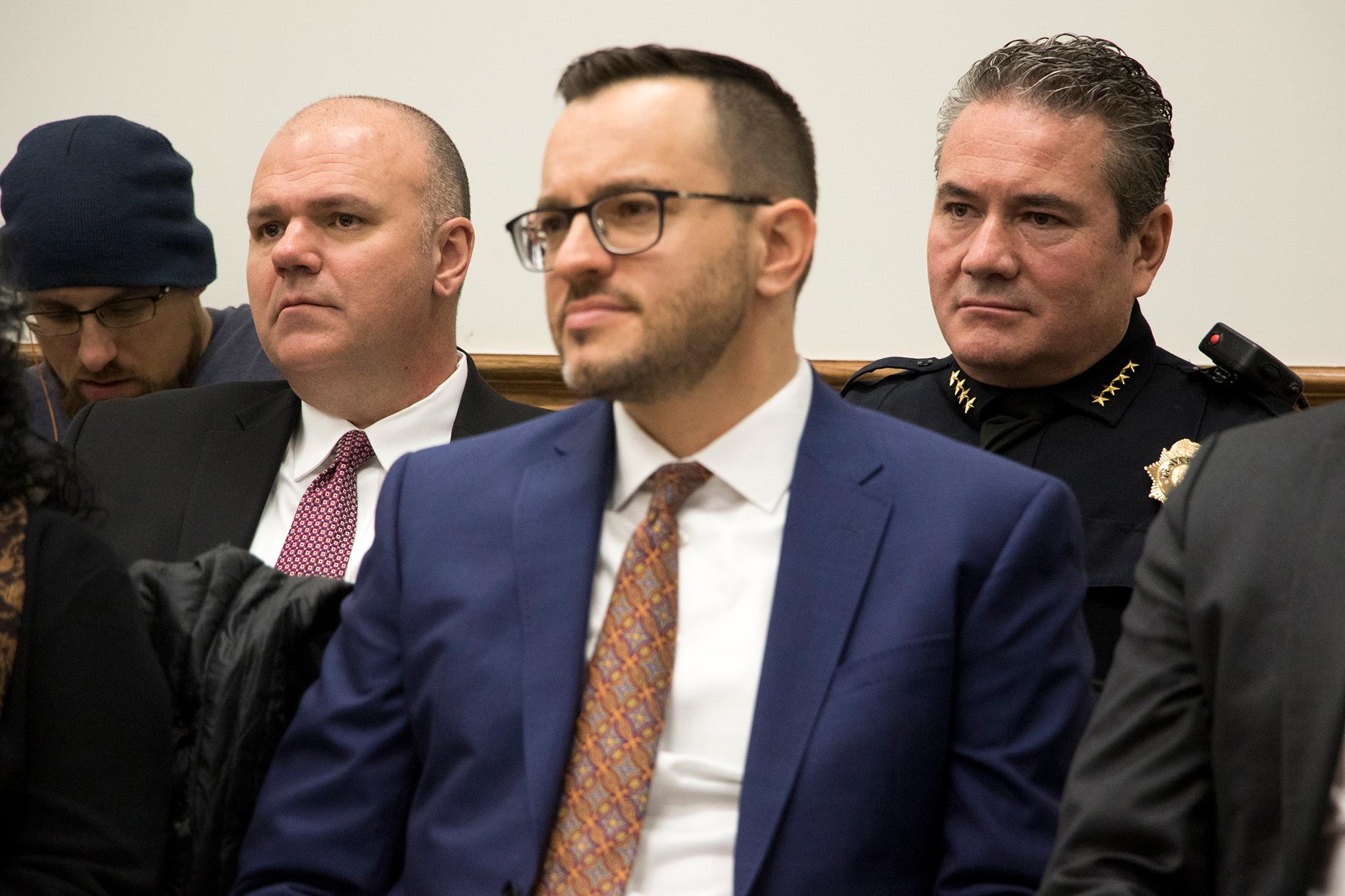Banning no-knock warrants and ketamine. Introducing a police auditor. Revamping the police department's disciplinary process.
That's a sample of what Aurora lawmakers and city officials are considering to reform the embattled police department, which faces five different investigations that resulted from the death of Elijah McClain.
The power to change the city's laws that direct the police department lies with city council. And some members want to tweak how cops are hired -- and disciplined.
Council Mayor Pro Temp Nicole Johnston said the incident that sparked her desire for reform happened in 2018, when Aurora police Sgt. Charles DeShazer was reinstated (although demoted) after being fired for using racist language.
"I was so outraged," Johnston said.
As she tells it, making changes starts at revamping the agency that reinstated DeShazer: the Civil Service Commission, which hires cops and hears appeals for fired ones. DeShazer was able to rejoin because of how the commission considered previous discipline for similar incidents. The chief at the time had recommended he be fired.
Johnston declined to say how she'd revamp the commission specifically.

What she knows for sure: The police hiring process needs to result in more diverse candidates that reflect Aurora's population. (A department-wide probe, announced in August, is looking into that.) As of July 14, 80 percent of the department's more than 750 officers are white. People of color make up more than 50 percent of the city's population.
"If you're not really looking at how you're hiring, how you're disciplining ... really (at) some systematic issues, it's just going to be a revolving door," Johnston said.
As the vice-chairperson of the city's public safety committee, city council member Curtis Gardner said he's interested in changing the disciplinary process for officers by adopting a "discipline matrix" similar to the one used by Denver police.
Division Chief Lee Condreay said misconduct cases currently go to internal affairs, then a board made up of police supervisors and the city attorney's office reviews it. They make a discipline recommendation to the chief, who is not bound by the recommendation and can make it more severe. But if a cop is facing a significant suspension or termination, the city manager reviews the case.

A matrix would provide what Gardner called "certainty and transparency" for the process so that similar incidents have similar consequences. A 2011 report on police discipline published by the Harvard Kennedy School found that they provide fairer and more consistent discipline processes.
"I think by tightening up our disciplinary process, it ultimately gives more accountability to the public in terms of how our discipline is doled out," Gardner said.
Another possible change: bringing in an independent monitor or an auditor.
During a public safety committee meeting on Thursday, City Manager Jim Twombly said he's spoken with people in city government about creating an auditor position that focuses solely on the police department.

Twombly said Aurora's auditor's office, which investigates all city departments, is reviewing how the police department uses body-worn cameras.
"What I'm thinking is, I would like to have a person, an auditor, dedicated to those types of audits within the (police) department," Twombly said during the meeting. "In the hopes of rebuilding trust from the community, this type of look into the department's best practices will be really helpful."
During the same meeting, council member Angela Lawson introduced a bill banning police from using no-knock warrants, citing the high-profile death of Breonna Taylor in Kentucky. Taylor died after police shot her while serving a no-knock warrant, which allows police to search a property without announcing themselves beyond knocking.
"This particular tool, I think, is not something that we really need to have," Lawson said.
She noted that such warrants aren't used that often in Aurora. Ten have been issued since 2018, but only five were actually served.
The bill was sent to a study session, where it will be discussed and possibly tweaked before heading to the full city council for a vote. The bill drew concern from the city's new police chief, Vanessa Wilson.
"For us to take that ability away, to use a no-knock warrant where it's appropriate, is a huge officer safety issue," Wilson said.
Johnston wants Aurora to have its own version of Denver's Office of the Independent Monitor, which oversees internal affairs investigations for police and sheriffs and makes policy recommendations for it. It's an idea that's been suggested by others, including Aurora NAACP chapter president Omar Montgomery, who sits on the Community Police Task Force, a group of local activists and school and faith leaders that makes policy recommendations to city council.

Council members want to ban or limit the use of ketamine, a sedative used on McClain.
Gardner said he will introduce a resolution blocking Aurora Fire from using ketamine until an independent city investigation into McClain's death is complete. The sedative was used on McClain to try and calm him after paramedics determined he had excited delirium.
Council member Juan Marcano supports a full sedative ban. Marcano said he's spoken to doctors and medical experts about its use outside of hospitals.
"The consensus ... (was) that in a large city like Aurora with such close proximity to hospitals, it doesn't really make sense to be administering that in a pre-hospital way because there are complications," Marcano said.












